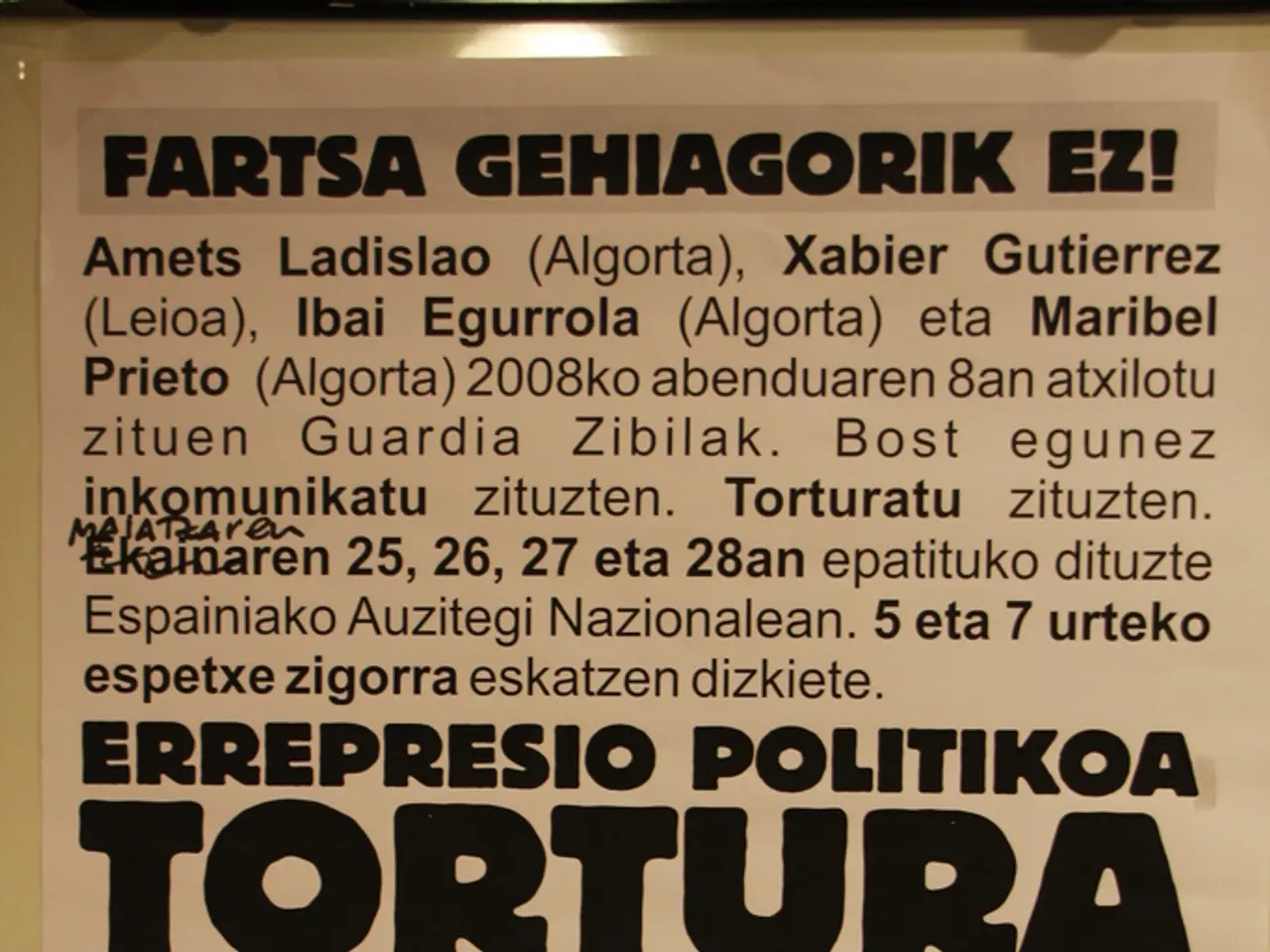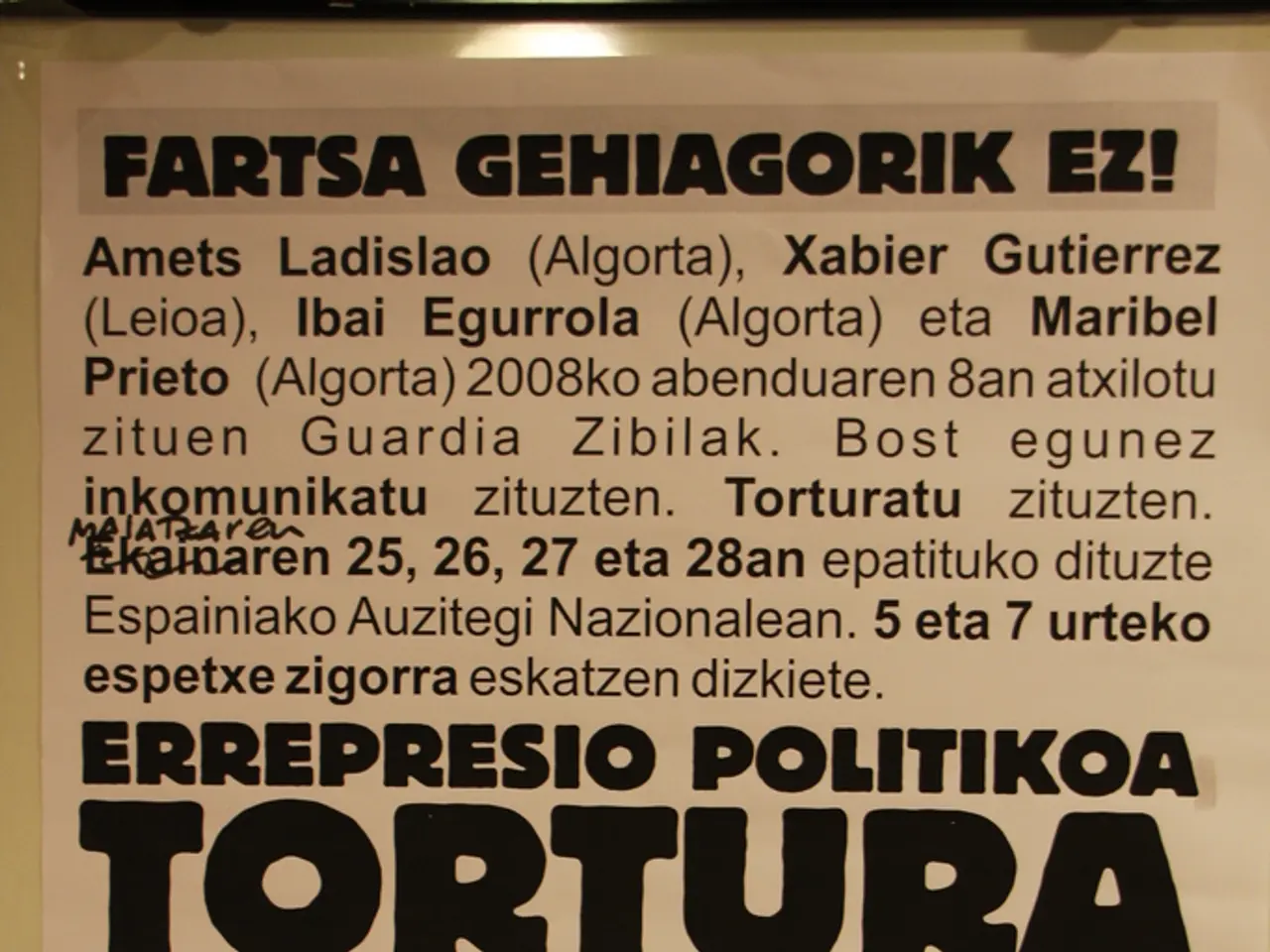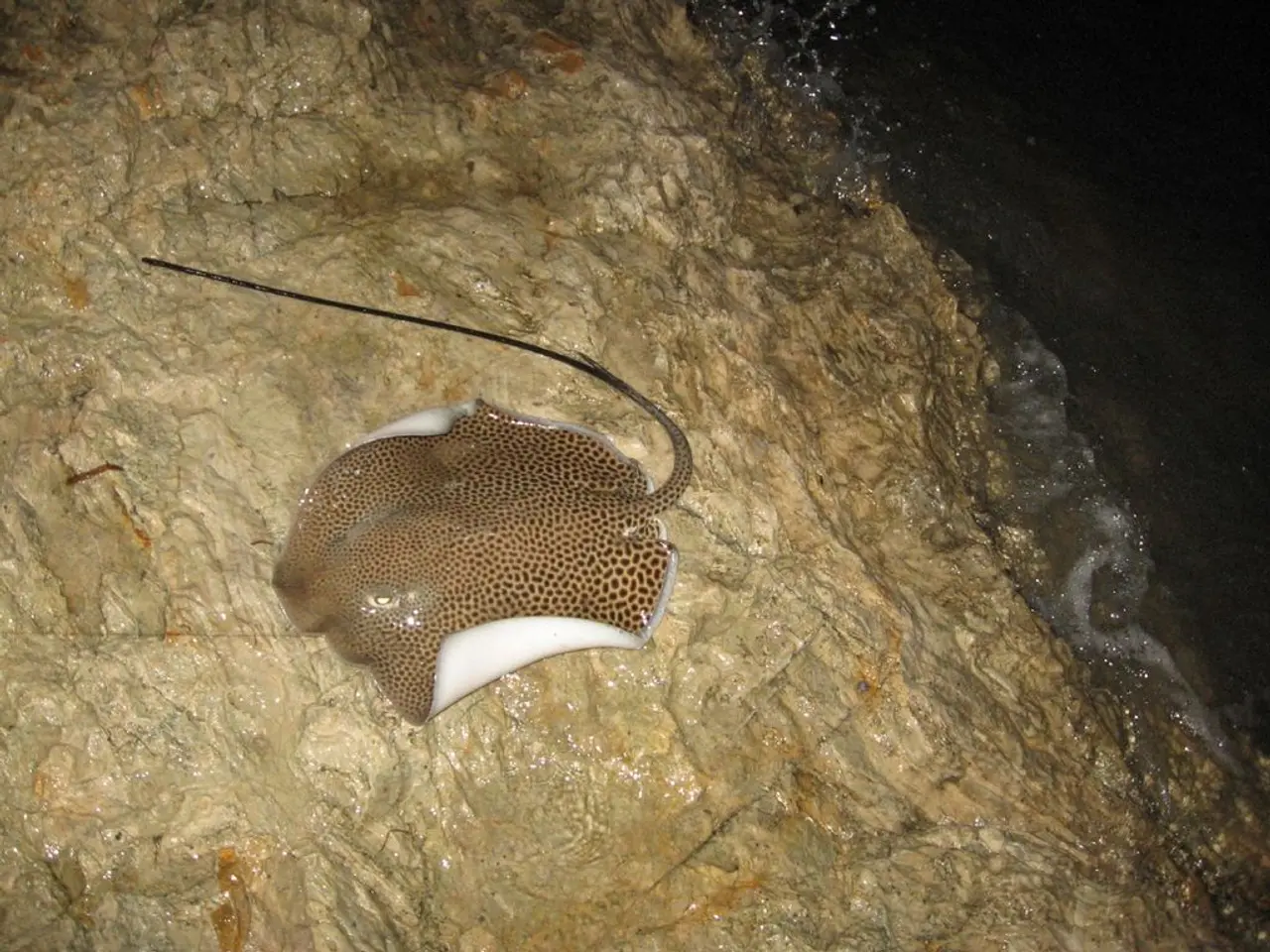Spanish government allegedly deceiving Europe through questionable tactics in their wolf census, according to Castilla and León.
In a recent development, thirteen Spanish communities, including those from the PP and PSOE, as well as the two autonomous cities, have sent a letter to the European Commissioner of Environment, Jessika Roswall, requesting a meeting to discuss the conservation state of the wolf in Spain.
The controversy revolves around the conservation goals for the wolf, balancing the need to maintain healthy populations with the socio-economic impact on rural communities, particularly livestock farming. The issue has been a point of contention as some regions argue for stronger protections, while others push for more flexible regulations.
The Berne Convention, which influences European wildlife protection, downgraded wolves from “strictly protected” to “protected” in early 2025. This move has sparked disagreements with certain Spanish regions that advocate for stricter protections to safeguard wolf populations. They contend that looser protections could potentially threaten these populations.
The "wolf communities," including Galicia, Asturias, Castilla and León, Cantabria, and others, have moved again in the Union, with some communities not directly affected by the canine problem joining the cause. The letter sent to the Commissioner attached data from the latest decennial census of the canine, which showed an increase from 279 to 333 in the "minimum" number of packs roaming Spain.
The regions have criticized the government for trying to deceive Europe by claiming that the conservation state is unfavorable, when in fact, the census presented by the communities shows an increase in herds and damages to livestock farming, with more than 6,000 heads dead last year in Castile and León.
Juan Carlos Suárez-Quinones, a prominent figure, has added his voice to the dispute, accusing the government of attempting to deceive Europe again and ironically referring to the policy as another successful policy of the Government of Spain against the rural environment. He also criticized the Ministry for suspending the sectorial conference to debate about the wolf, stating that they are trying to avoid the inevitable.
The central government has requested more time, but the successive suspensions of the meeting that brings together the Government and the autonomies, and the announcement by Minister Sara Aagesen that they will not meet, have led some communities to take action in the Union.
The autonomies seek a balance between the conservation of the species and livestock farming, reflecting the broader European and global challenges in wolf conservation where balancing species recovery with rural livelihoods, especially in areas with traditional shepherding, is difficult. Some regional authorities may seek to adjust the wolf’s protection status to allow more local control over management actions, including hunting or culling to prevent livestock losses, while conservationists insist on maintaining or strengthening protections to sustain viable wolf populations in the wild.
- The controversy over the conservation of wolves in Spain extends beyond the national level, as it involves discussions on environmental-science and policy-and-legislation at the European Union.
- As the wolf issue highlights, balancing the need for environmental conservation with the socio-economic impact, particularly on rural livelihoods such as livestock farming, is a complex issue that requires the involvement of science and politics.
- Despite the ongoing debate, general-news sources have reported an increase in the number of wolf packs in Spain, according to the latest decennial census, a finding that has fueled the argument for stronger environmental protections.








